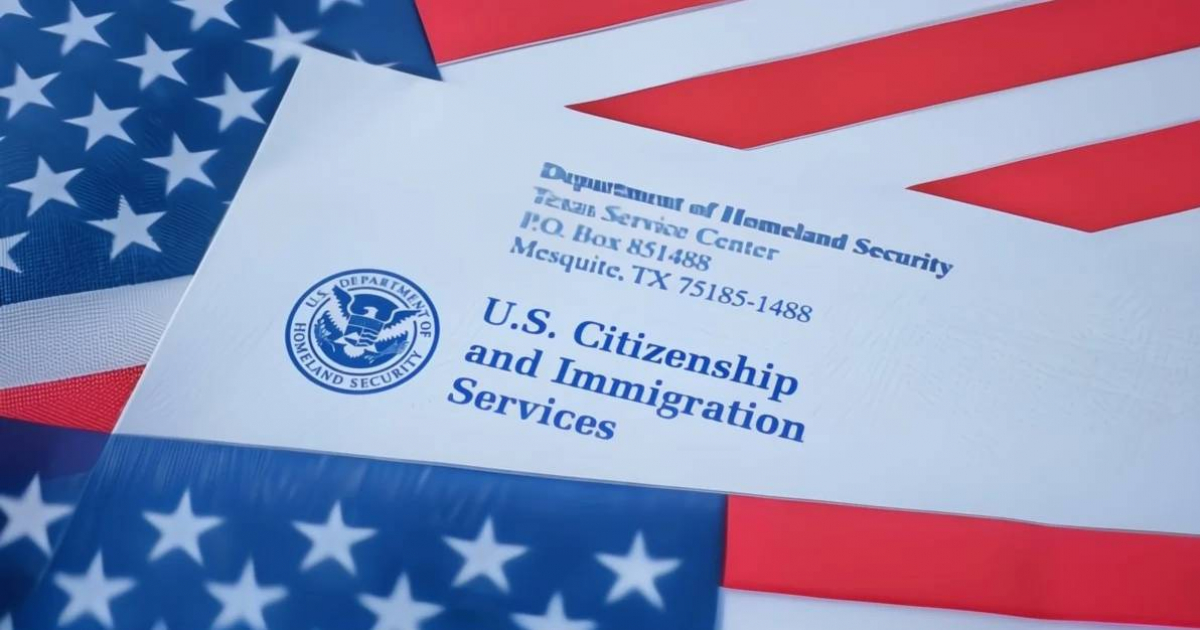The humanitarian parole program for Cuban migrants has witnessed a significant decline recently, with just 10 individuals granted travel permission under this initiative in December 2024, and none reaching the United States during that month. According to U.S. Customs and Border Protection (CBP) data, although travel permits were issued, no Cuban managed to make the journey in December, and essentially no arrivals have been recorded since October.
This program, designed to allow migrants legal entry into the U.S. under specific conditions, was part of President Joe Biden's broader strategy to manage migration flows from Cuba, Haiti, Nicaragua, and Venezuela. Despite the U.S. authorities approving over 531,690 entries from these nations in recent months, the number of Cubans benefiting remains significantly low.
By the end of December 2024, 110,970 Cubans were authorized to travel under the parole, yet recent approvals have not materialized due to various obstacles, such as logistical issues and a lack of available commercial flights. Specifically, 110,970 Cubans, 213,150 Haitians, 96,270 Nicaraguans, and 120,760 Venezuelans were vetted and approved for travel; with 110,240 Cubans, 211,040 Haitians, 93,070 Nicaraguans, and 117,330 Venezuelans successfully arriving and being granted parole. However, the actual number of Cubans arriving remains disproportionately low compared to migrants from other countries.
The delay in executing this program exacerbates the growing uncertainty surrounding the migration policies of the current U.S. administration, which has pledged to enhance border security and deport thousands of immigrants.
Understanding the Humanitarian Parole Program
What is the humanitarian parole program?
The humanitarian parole program is an initiative that allows migrants to enter the United States legally under specific conditions. It aims to manage migration flows from countries like Cuba, Haiti, Nicaragua, and Venezuela.
Why have so few Cubans benefited from the program recently?
Despite authorizations, many Cubans have not been able to travel due to logistical challenges and a lack of available flights, leading to a low number of arrivals in the U.S.
How does the U.S. administration's policy affect the parole program?
The U.S. administration's policies, which include promises to tighten border security and deport immigrants, contribute to the uncertainty and delays in the program's implementation.
